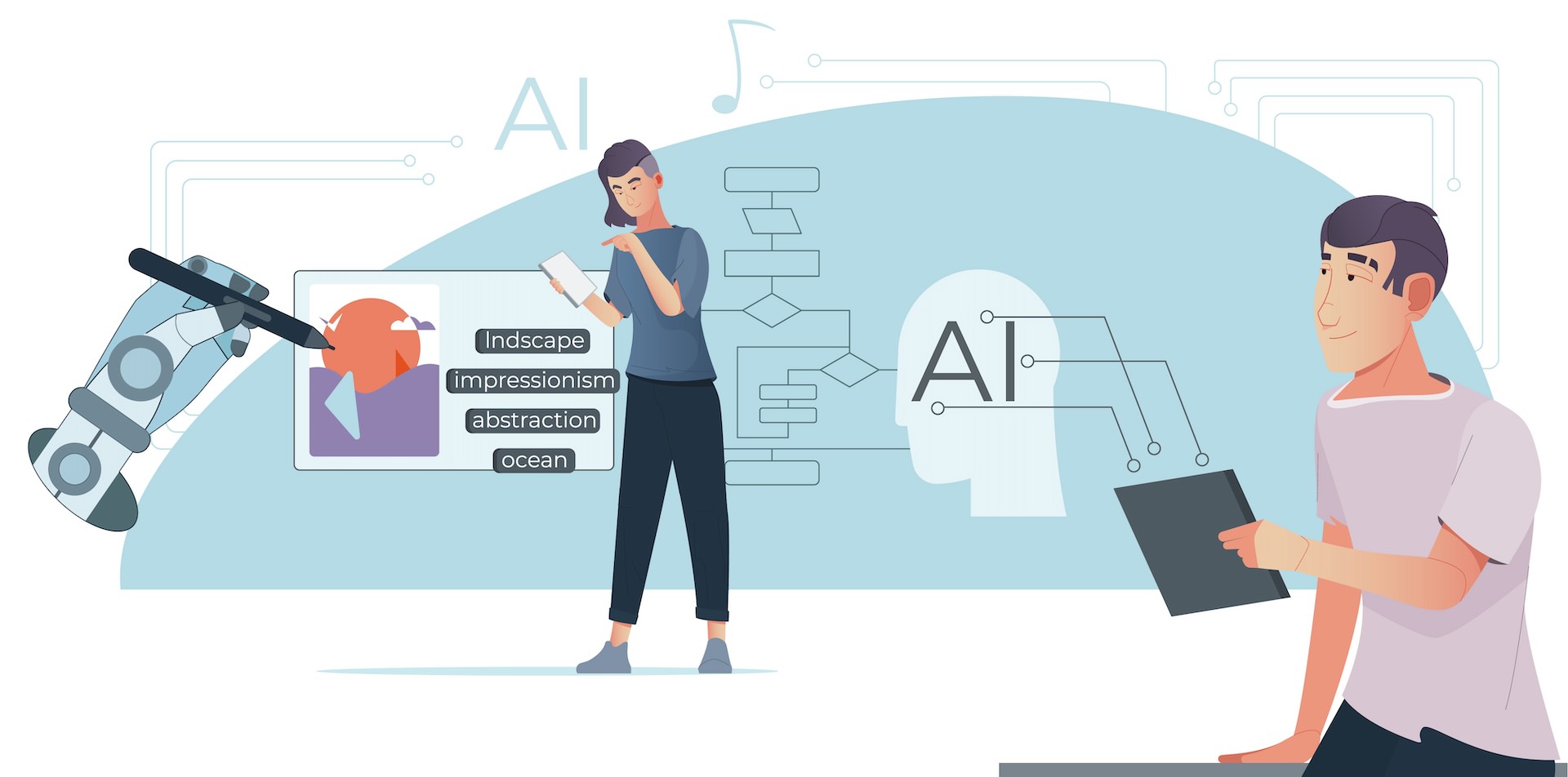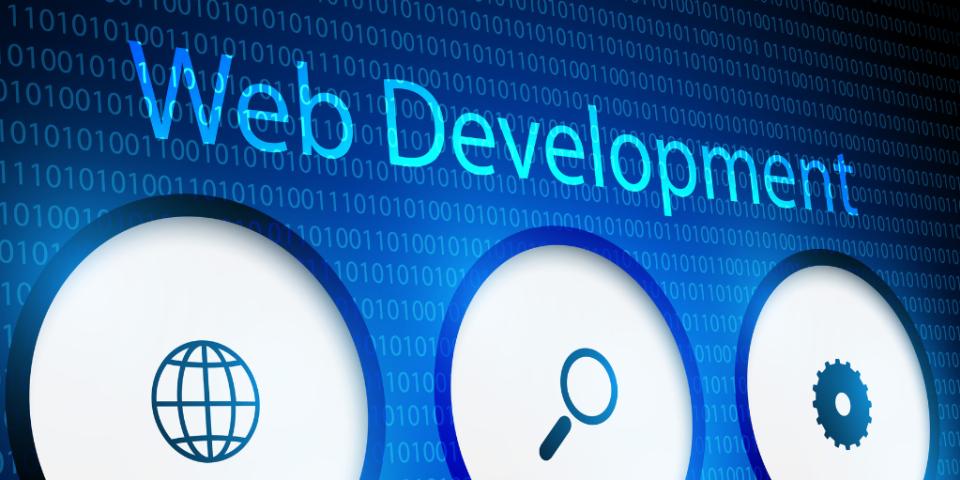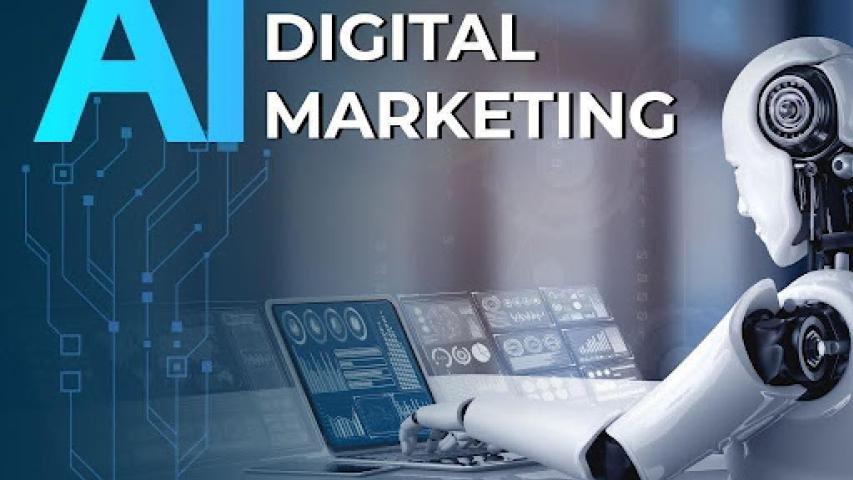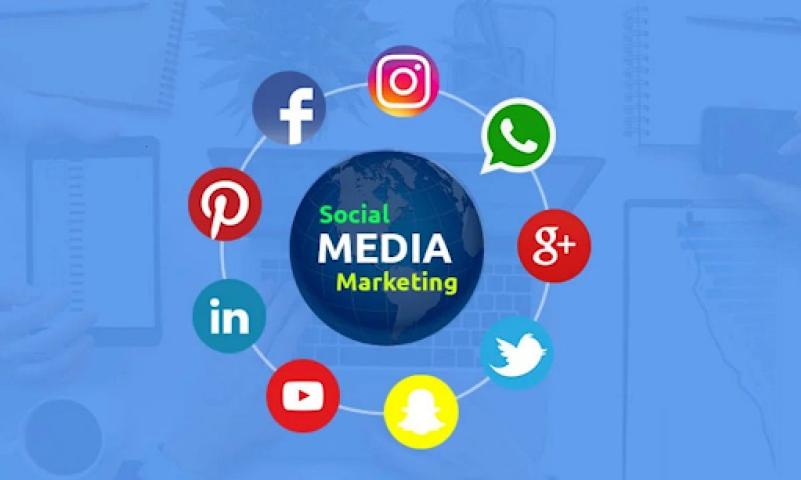In the ever-evolving landscape of digital marketing, artificial intelligence (AI) is emerging as a transformative force. As businesses strive to connect with consumers in more meaningful and efficient ways, AI offers a myriad of possibilities and advantages that are reshaping the industry. Far from being a distant future concept, AI is already here, and it’s making waves in how marketing strategies are conceived and executed. The integration of AI in digital marketing is not just an enhancement; it’s a revolution that offers unparalleled opportunities for businesses willing to embrace it.
One of the most compelling aspects of AI in digital marketing is its ability to process and analyze vast amounts of data at lightning speed. In the past, marketers relied heavily on intuition and experience to guide their strategies. While these elements are still invaluable, AI brings a level of precision and insight that human analysis alone simply cannot match. By leveraging AI, marketers can now gain deep insights into consumer behavior, preferences, and trends. This data-driven approach allows for more accurate targeting and personalized marketing, ensuring that the right message reaches the right audience at the right time.
Personalization is perhaps where AI’s impact is most profoundly felt. Consumers today expect personalized experiences; they want to feel that brands understand their unique needs and preferences. AI enables this by analyzing individual consumer data and predicting future behaviors. This capability allows marketers to create highly tailored content, offers, and recommendations that resonate on a personal level. The result is a more engaging and satisfying consumer experience, which in turn fosters loyalty and drives conversions.
Moreover, AI is revolutionizing customer interactions through advanced technologies like chatbots and virtual assistants. These AI-driven tools provide immediate and accurate responses to customer inquiries, enhancing the customer service experience. Unlike traditional customer service channels, AI-powered assistants are available 24/7, ensuring that consumers receive support whenever they need it. This not only improves customer satisfaction but also frees up human resources to focus on more complex tasks, ultimately increasing operational efficiency.
In addition to improving customer interactions, AI also streamlines and optimizes marketing campaigns. Predictive analytics, powered by AI, allows marketers to forecast outcomes with remarkable accuracy. This means businesses can allocate their resources more effectively, investing in strategies that are likely to yield the highest return on investment. AI can also automate various aspects of campaign management, from ad placement to performance tracking, reducing the margin for error and saving valuable time.
The creativity unleashed by AI is another significant advantage. Through machine learning algorithms, AI can identify patterns and insights that inspire innovative marketing strategies. For example, AI can analyze social media trends and generate ideas for content that is likely to go viral. It can also help in A/B testing by quickly determining which variations of a campaign perform best, allowing marketers to fine-tune their approaches in real-time. This fusion of data-driven insights and creative execution results in campaigns that are not only effective but also imaginative and engaging.
However, the integration of AI in digital marketing is not without its challenges. Concerns about data privacy and security are paramount, as AI systems often require access to vast amounts of personal information. It is crucial for businesses to implement robust security measures and adhere to ethical guidelines to protect consumer data. Transparency in how data is collected and used is essential to maintaining consumer trust.
Furthermore, the rapid pace of AI development means that marketers must continually adapt and learn. Staying ahead of the curve requires a commitment to ongoing education and a willingness to experiment with new AI-driven tools and techniques. While this can be demanding, it also presents an exciting opportunity for marketers to innovate and lead in a dynamic field.
The possibilities, advantages, and opportunities presented by AI in digital marketing are vast and varied. From enhancing personalization and customer interactions to optimizing campaigns and inspiring creativity, AI is a powerful ally for businesses looking to thrive in a competitive market. By embracing AI, marketers can not only improve their strategies and outcomes but also pioneer new ways of connecting with consumers. As AI technology continues to evolve, its role in digital marketing will undoubtedly become even more significant, heralding a new era of intelligent, data-driven, and personalized marketing.
In future articles we will offer tutorials to carry out these processes with the most important applications and services available today.



















